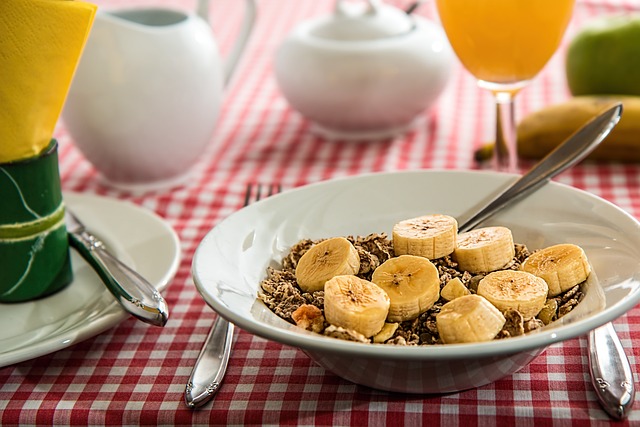Nurturing Our Little Ones: Probiotic Support for Children’s Immune System Development
As parents, we are always concerned about our children’s health and well-being. We want to provide them with the best
possible nutrition and support to help them grow and develop into strong individuals. A key aspect of this is a
well-functioning immune system. It not only protects our little ones from illnesses but also ensures their overall
health. One way to support the development of their immune system is by incorporating probiotics into their diet.
What are Probiotics?
Probiotics are live bacteria and yeasts that are good for our health, especially our digestive system. They are often
referred to as “friendly” or “good” bacteria because they help keep our gut healthy by balancing the levels of
microorganisms in our intestines. While we typically associate bacteria with diseases, certain strains of bacteria are
beneficial to our bodies and play a vital role in our overall well-being.
Probiotics and Children’s Immune System
The immune system is a complex network of cells, tissues, and organs that work together to defend the body against
harmful pathogens and maintain overall health. In children, a strong immune system is crucial as their bodies are
still developing and more susceptible to infections and illnesses.
Research suggests that probiotics can have a positive impact on children’s immune systems. Probiotics help stimulate
the production of antibodies, which are essential for fighting off infections and diseases. They also enhance the
activity of immune cells, making them more efficient at recognizing and eliminating harmful bacteria and viruses.
Sources of Probiotics
Probiotics can be found naturally in certain foods and beverages. Some common sources include:
- Yogurt
- Kefir
- Sauerkraut
- Kombucha
- Kimchi
- Tempeh
- Miso
These foods contain live cultures of bacteria that provide the beneficial effects of probiotics. When introducing
probiotics into your child’s diet, it is essential to choose age-appropriate products and consult with a pediatrician
if needed.
Choosing the Right Probiotic Supplement
In addition to natural food sources, probiotic supplements are also available in the market. When selecting a
probiotic supplement for your child, consider the following factors:
-
Strain: Look for specific probiotic strains that have been researched and shown to support the
immune system in children. Lactobacillus and Bifidobacterium are commonly recommended for kids. -
CFU Count: CFU stands for Colony Forming Units, which indicate the amount of live bacteria present
in each dose. The appropriate CFU count varies based on age and individual needs, so consult with a healthcare
professional for guidance. - Quality: Choose reputable brands that adhere to strict quality control standards and conduct third-party testing to ensure the potency and purity of their products.
- Form: Probiotics for children are available in various forms, including powders, chewable tablets, and liquids. Consider your child’s preferences and ease of administration when selecting a suitable form.
It’s always best to consult with a pediatrician or healthcare provider before introducing any new supplements to your
child’s routine, as they can provide personalized recommendations based on individual health needs.
Conclusion
Supporting our children’s immune system development is a vital part of their overall wellness. Probiotics can play a
significant role in bolstering their immune systems and protecting them from various infections and illnesses. Whether
through natural







